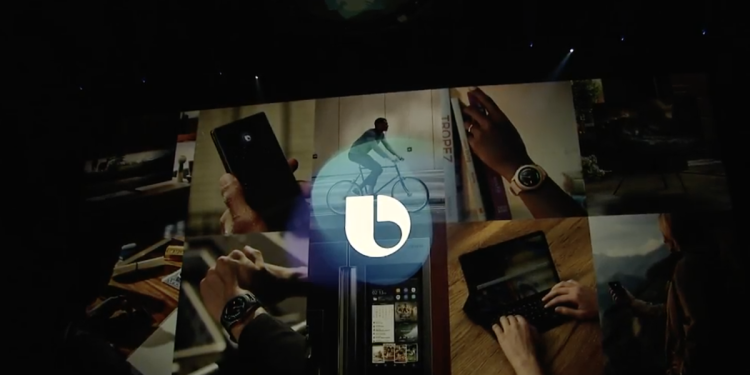Watch all the Transform 2020 sessions on-demand here.
Amazon’s Alexa voice assistant has more than 30,000 apps, and estimates put the Google Assistant’s total at about 3,000. Now Samsung wants a slice of the pie. DJ Koh, CEO of Samsung’s mobile division, today told CNBC that the company will allow developers to build apps for Bixby later this year.
As previously announced, the South Korean electronics giant will introduce a software development kit (SDK) at the annual Samsung Developer Conference in San Francisco on November 7 and 8, along with an API. The former will pack all the resources and documentation necessary to build apps for Bixby, while the API will allow third parties to integrate Bixby with new and existing apps.
Both will presumably slot under the Bixby Developer Program, which launched in private beta earlier this year.
The progress update comes weeks after Samsung formally launched Bixby 2.0, an improved version of its digital assistant, alongside the Galaxy Note9. It gave developers greater control and customization over the way Bixby interacts with in-app interfaces and set the stage for deep integration of Viv, the technology platform Samsung acquired in 2016.
June 5th: The AI Audit in NYC
Join us next week in NYC to engage with top executive leaders, delving into strategies for auditing AI models to ensure fairness, optimal performance, and ethical compliance across diverse organizations. Secure your attendance for this exclusive invite-only event.
The improved Bixby has better natural language processing, faster response times, and built-in noise reduction tech. It’s also more conversational; if you ask it about upcoming concerts over Labor Day weekend, for example, it’ll remember the date range for future searches.
Bixby is at the heart of the Galaxy Home, Samsung’s upcoming smart speaker that will compete with the likes of Apple’s HomePod, Amazon’s Echo lineup, and the Google Home. Like its competitors, the Home can play music and control smart home devices and seamlessly switch music between supported smartphones, televisions, and entertainment systems. And it boasts premium hardware, including AKG speakers and an omnidirectional microphone array.
Additional details about the Galaxy Home are set to be revealed later this year.
Samsung’s soon-to-be-released smart speaker isn’t the only Bixby-powered device in its portfolio. In a bid to expand the voice assistant’s footprint, Samsung late last year announced that it would make Bixby available on a variety of devices — namely Samsung’s Smart TV and Family Hub refrigerator product lineups. It also unveiled Project Ambiance, a prototype dongle with a chip and microphone that can be added to speakers or TVs.
“What’s going to launch in the market is experience first, not covering everything,” Yoon C. Lee, senior vice president of content and services and head of the product innovation team at Samsung Electronics America, said onstage at VentureBeat’s Transform 2018 conference in August. “We’re focusing on certain experiences. It’s not that consumers don’t want a lot of options — they don’t want complexity. The great thing about voice is that it’s parallel, not serial. Bixby is making your connected lifestyle more useful to you, because it’s tied to the devices that know most about you.”


